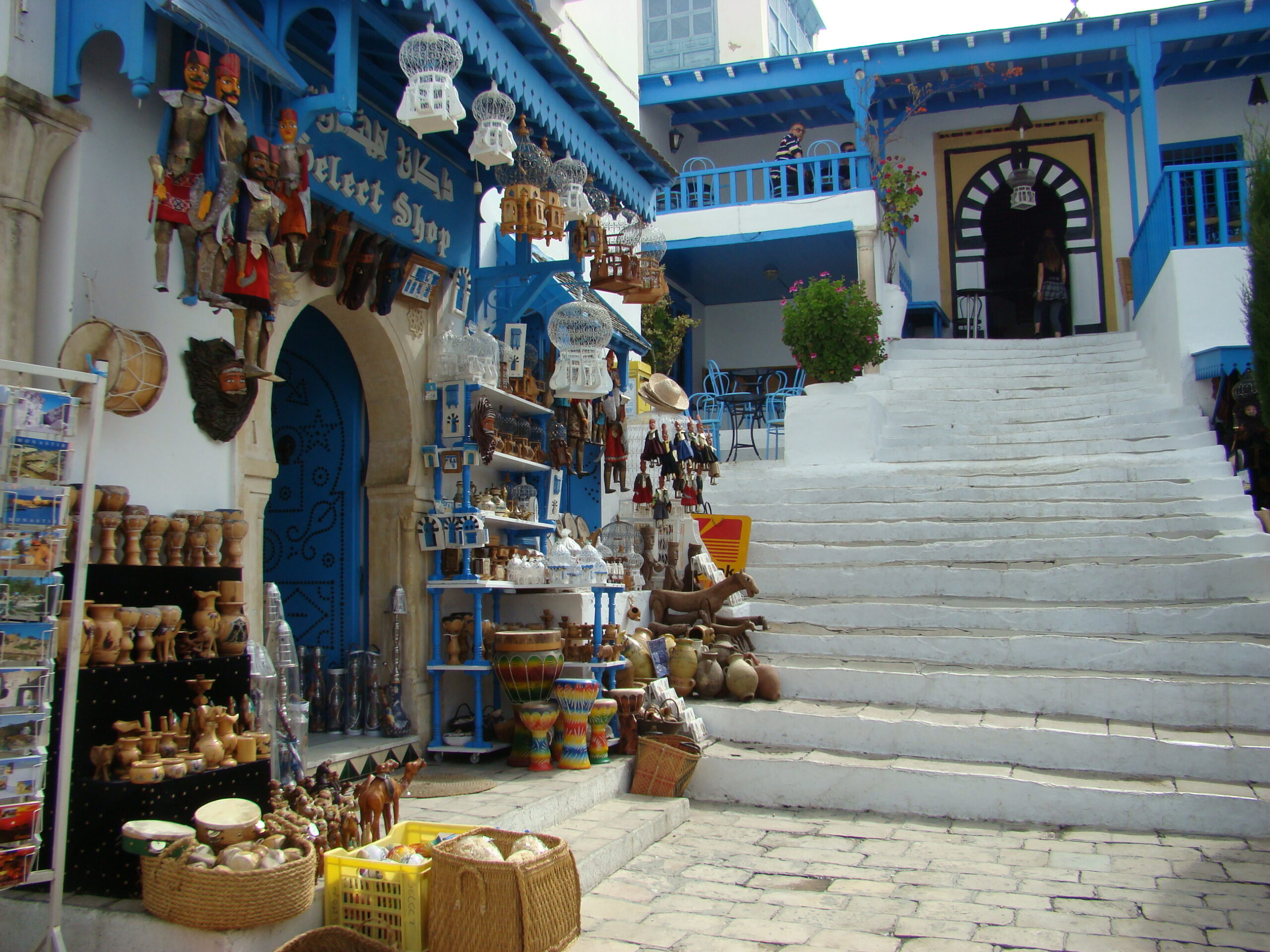Tunisia’s tourism and craft sectors drive economic growth, contributing 9% to GDP

Tunisia’s tourism and craft sectors have emerged as key contributors to the country’s economic performance, collectively representing a significant portion of the national GDP.
According to Sofiane Takia, Tunisia’s Minister of Tourism and Crafts, the tourism sector alone accounts for about 9% of the country’s GDP, while the crafts sector contributes 4%.
Speaking before the Tunisian Parliament, Takia emphasized the strategic importance of these two sectors, describing them as “main contributors to the country’s development.”
He explained that both tourism and crafts play a vital role in the country’s economic, social, and environmental advancement.
“These sectors generate thousands of jobs and are central to Tunisia’s overall development,” Takia added.
The tourism sector, he pointed out, provides approximately 400,000 direct and indirect jobs, while the crafts sector supports over 300,000 artisans involved in 76 different activities.
Tourism in Tunisia has seen a remarkable boost in recent months, with revenues reaching 6.2 billion dinars (approximately $2 billion) during the first ten months of the year.
This growth is further reflected in the number of visitors, with 8.6 million tourists visiting Tunisia in the same period, marking an 8.6% increase compared to the previous year.
The rise in tourist activity is also reflected in hotel stays, which saw a 5% increase, reaching 24.4 million overnight stays by the end of October.
Investment in Tunisia’s tourism sector has been substantial, with a total of 146 million dinars (around $46 million) invested in the industry this year.
As Tunisia continues to recover from the challenges of the past few years, the tourism and craft sectors remain crucial to its economic recovery and growth, driving job creation, investment, and international visibility.
About The Author
dailymailafric
I am an avid African news observer, and an active member of Daily Mail Africa.
I’m Passionate about staying informed on diverse topics across the continent,
I actively contribute to publishing on political, economic and cultural developments in Africa.



